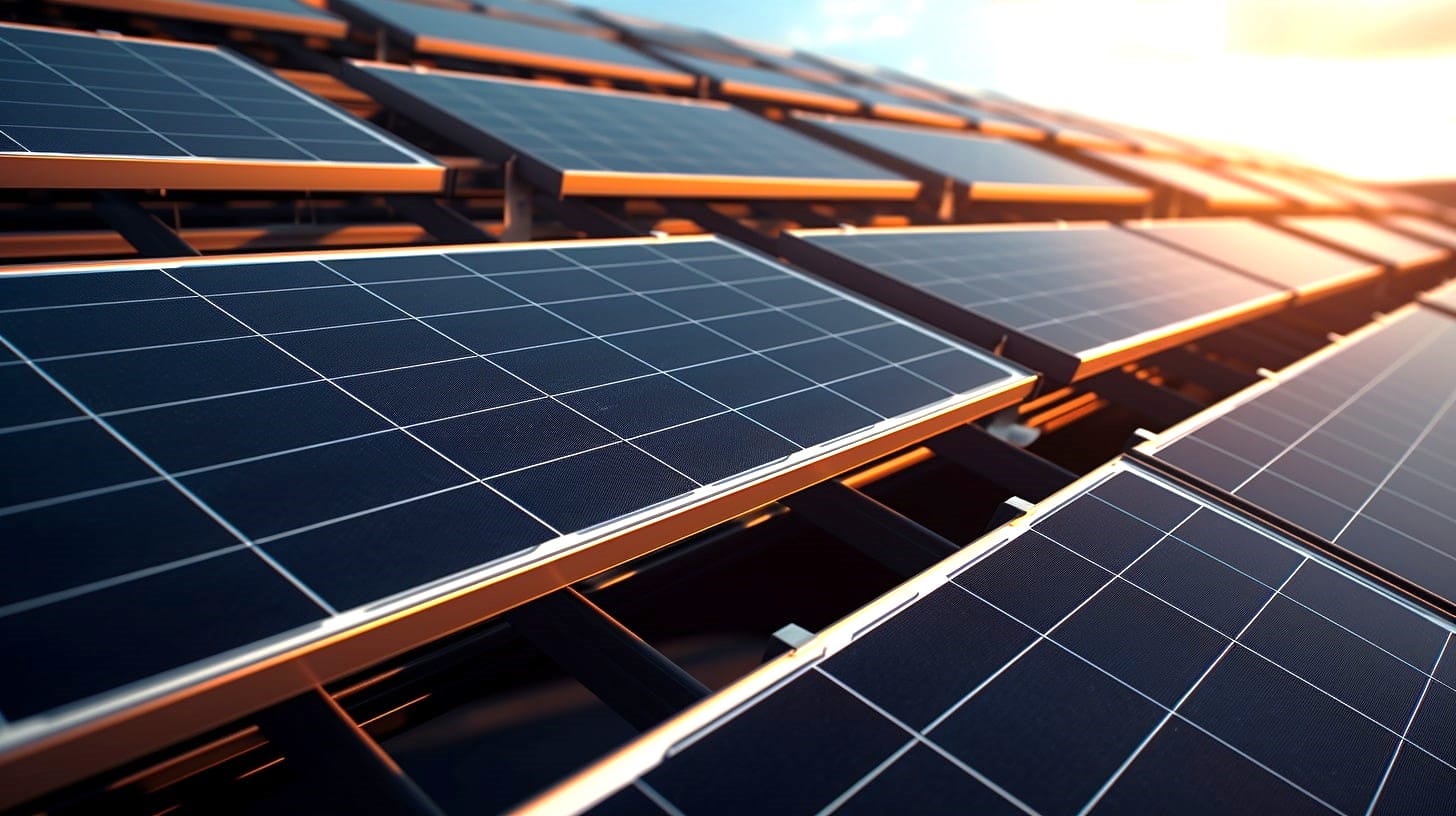Two new items of legislation intended to support integration of innovative renewable energy source technologies into the grid and encourage use of solar energy by farmers, have been proposed by the House energy committee, it was reported on Wednesday.
Chairman Kyriakos Hadjiyiannis introduced the two proposals at Tuesday’s committee meeting, the first of which has to do with exempting RES installations from the payment of connection fees to distribution and transmission systems, as well as from usage fees, for a period of ten years.
The second, concerning use of RES in agricultural and livestock farming, calls for the installation of photovoltaic (PV) systems in areas left out of the irrigation water supply network, for the powering of water pumps.
The first proposal aims to aim to boost the country’s introduction of energy innovation and storage, Hatjiyiannis said in statements after the meeting.
In addition to the immediate solution of battery-based storage, the island needs indirect storage such as hydrogen, biogas and hydroelectric technologies, he said.
These technologies must be proactively pursued and subsidised, as the need is urgent the MP said.
Although the proposal was positively met, its source of funding was being debated, the MP added.
Hadjiyiannis took the position that entities producing electricity which do not directly go towards personal use, should not be paying grid usage fees, while others have proposed the fees be covered via the EU recovery and resilience fund.
The MP argued the usage fee was akin to a VAT charge which only the final consumer ought to pay, not any intermediary.
An article-by-article discussion of the proposed legislation is set to take place in two weeks’ time with the hope that it will end up before the plenary before the summer break and be voted into action.
As for second proposal, if it is enacted, Hatjiyiannis said, farmers who fall into a particular category would thereby gain priority access for connecting their installation to the grid, provided any energy produced is for self-use.






Click here to change your cookie preferences